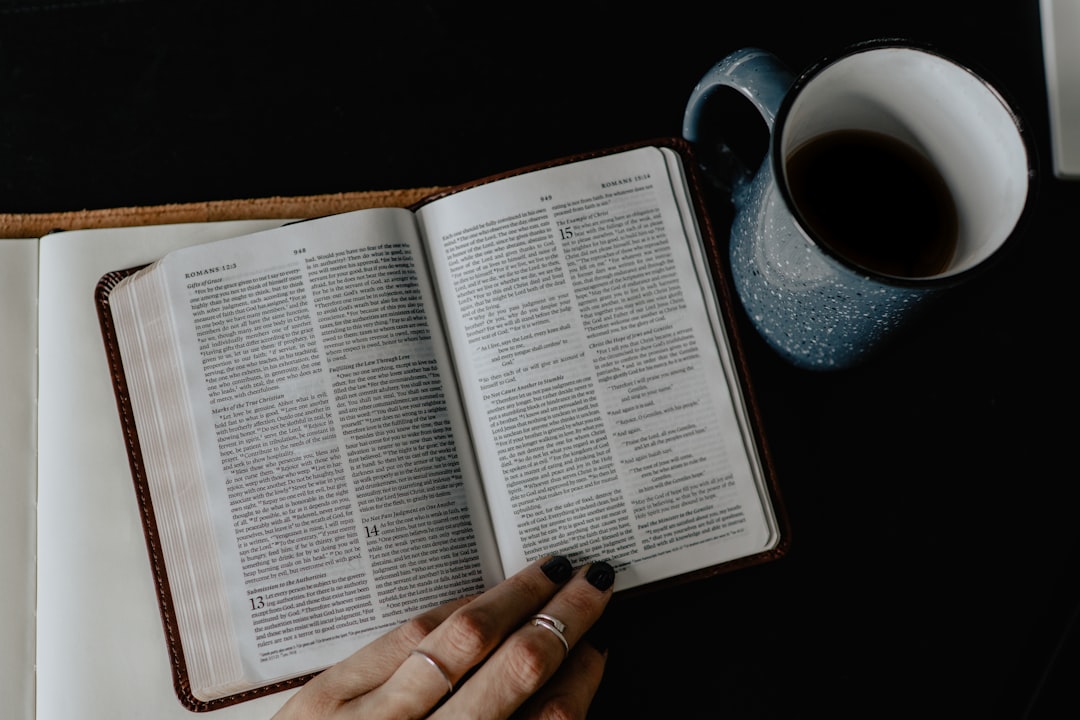Religion has played a significant role in shaping societies and cultures across the world for centuries. However, it is often seen as a male-dominated domain, with women taking on subordinate roles in religious institutions and practices. Despite this perception, the role of women in religion is multifaceted and complex, with women playing key roles in religious traditions, beliefs, and practices. In this blog post, we will examine the role of women in religion, the challenges they face, and the ways in which they are redefining their place within religious institutions.
Historically, women have been marginalized within many religious traditions, with men assuming leadership roles and positions of authority. This gender disparity is often justified through scripture, tradition, and cultural norms that privilege men over women. In many religions, women are forbidden from serving as priests, pastors, or imams, and are instead relegated to supporting roles within religious institutions. This exclusion of women from leadership positions can limit their ability to participate fully in religious practices and shape the beliefs and values of their communities.
Despite these challenges, women have played significant roles in shaping religious beliefs and practices throughout history. From the biblical figures of Mary, Martha, and Mary Magdalene in Christianity, to the prophetesses and matriarchs of Judaism, women have been central to the development of religious traditions and beliefs. In many indigenous and non-Abrahamic religions, women hold positions of power and authority, serving as priestesses, shamans, and spiritual leaders within their communities. These women serve as mediators between the spiritual and physical worlds, guiding their communities in matters of faith, ethics, and morality.
While women have made significant contributions to religion, they continue to face challenges and obstacles within many religious institutions. The patriarchal nature of many religions can perpetuate gender inequality, restrict women’s access to leadership roles, and perpetuate harmful gender stereotypes. Women may be denied entry into sacred spaces, forced to adhere to strict dress codes, or marginalized in religious rituals and ceremonies. These barriers can limit women’s ability to fully participate in religious life and contribute to the spiritual well-being of their communities.
In recent years, there has been a growing movement to empower women within religious institutions and challenge the patriarchal norms that have marginalized them. Women around the world are advocating for equal rights and opportunities within their religious communities, demanding access to leadership positions, and challenging traditional interpretations of scripture that justify gender discrimination. This movement has been particularly strong within Christianity, where women are leading congregations, serving as theologians, and advocating for a more inclusive and equitable church.
The role of women in religion is not limited to their participation in religious institutions. Women play a crucial role in shaping religious beliefs and practices within their families and communities. Studies have shown that women are more likely than men to participate in religious activities, such as prayer, meditation, and attendance at religious services. Women are often responsible for passing on religious teachings and values to their children, ensuring the continuity of religious practices and beliefs from generation to generation.
In many religious traditions, women are revered for their roles as mothers, caregivers, and nurturers, embodying qualities of compassion, empathy, and love that are central to religious teachings. Women have historically been the primary caretakers of the sick, the elderly, and the marginalized within their communities, embodying the values of charity, service, and selflessness that are at the core of many religious traditions. Women’s caregiving roles are often seen as a form of spiritual practice, reflecting their commitment to serving others and living out the teachings of their faith.
Despite the important roles that women play within religious traditions, there is still much work to be done to ensure gender equality and empower women within religious institutions. Women continue to face barriers to leadership and participation in many religious communities, and are often excluded from decision-making processes that impact their lives. To address these challenges, religious leaders and communities must work to dismantle patriarchal structures, challenge harmful gender stereotypes, and create spaces for women to thrive and contribute fully to the religious life of their communities.
In conclusion, the role of women in religion is complex and multifaceted, with women playing key roles in shaping religious beliefs, practices, and values. While women have made significant contributions to religious traditions throughout history, they continue to face challenges and obstacles within many religious institutions. By empowering women, challenging gender discrimination, and creating more inclusive and equitable religious communities, we can ensure that women are able to fully participate in and shape the religious life of their communities. The time is now to support and uplift the voices and contributions of women in religion.

